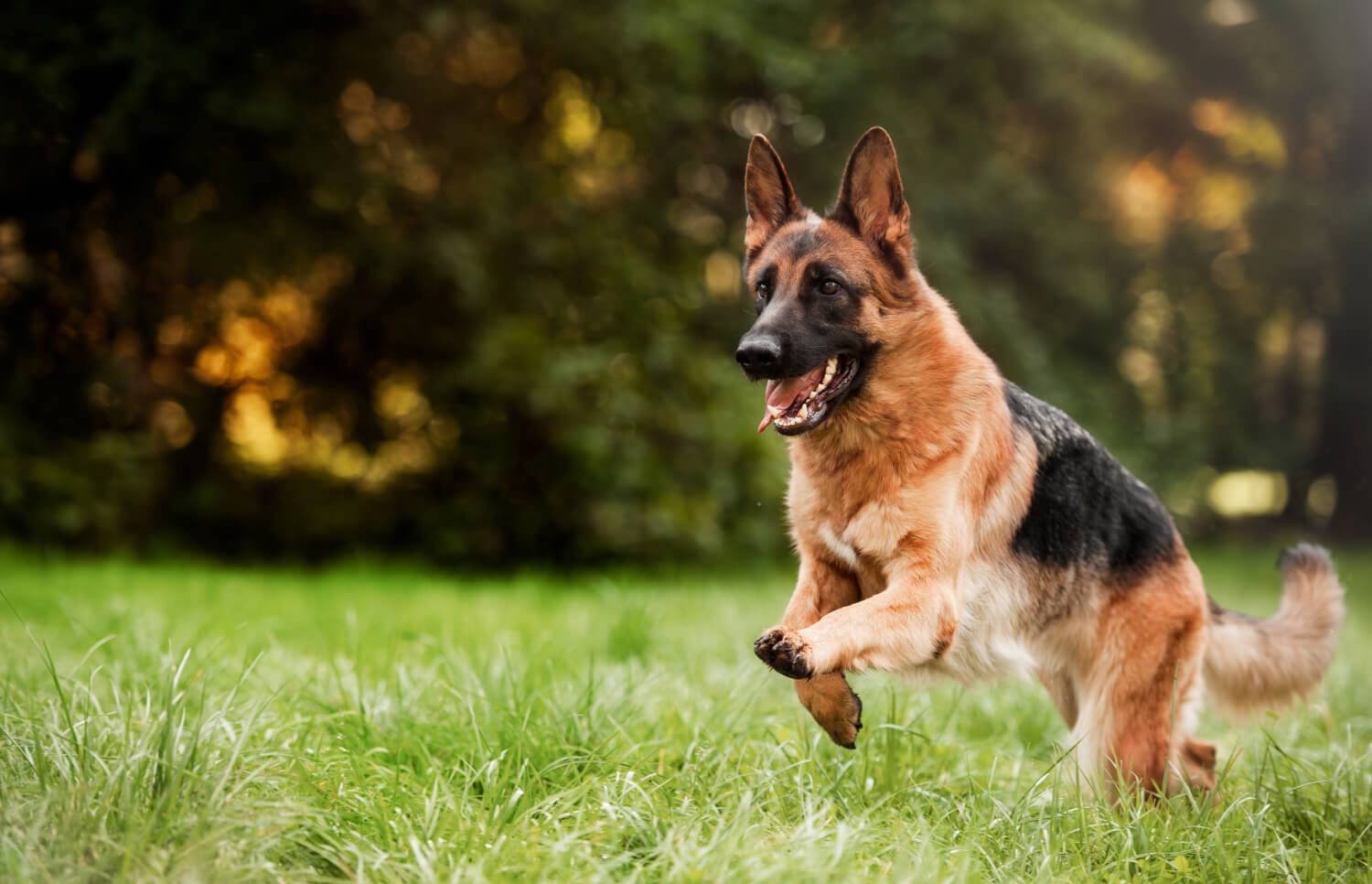
German Shepherd Separation Anxiety Solutions: A Comprehensive Guide
Share
German Shepherds are known for their intelligence, loyalty, and protective nature. However, like many other breeds, they can suffer from separation anxiety, a condition that can be distressing for both the dog and the owner. In this guide, we will explore effective german shepherd separation anxiety solutions to help you manage this condition and improve your pet's well-being.
Separation anxiety in dogs is characterized by behaviors such as excessive barking, destructive chewing, and attempts to escape when left alone. Understanding the underlying causes and implementing the right solutions can make a significant difference in your dog's life.

Recognizing the Signs of Separation Anxiety
Before diving into solutions, it's crucial to identify the signs of separation anxiety in your German Shepherd. Common symptoms include:
- Excessive barking or howling when left alone
- Destructive behavior such as chewing furniture or digging
- Attempting to escape from confined areas
- Pacing or restlessness
- Urinating or defecating indoors
If you notice these behaviors, it's important to address them promptly to prevent escalation and improve your dog's quality of life.
Effective German Shepherd Separation Anxiety Solutions
Gradual Desensitization
One of the most effective ways to help your German Shepherd overcome separation anxiety is through gradual desensitization. This involves slowly acclimating your dog to being alone for short periods and gradually increasing the duration over time. Start by leaving your dog alone for a few minutes, then gradually extend the time as they become more comfortable.
Creating a Safe Space
Providing a safe and comfortable space for your dog can help alleviate anxiety. Consider setting up a designated area with their favorite toys, a comfortable bed, and soothing music. This can create a sense of security and help them feel more at ease when you're not around.
Regular Exercise and Mental Stimulation
Ensuring your German Shepherd gets plenty of physical exercise and mental stimulation is essential in managing separation anxiety. Regular walks, play sessions, and engaging activities can help tire them out and reduce anxiety. Check out our obedience training guide for more tips.
Consider Professional Help
If your dog's separation anxiety is severe, consider seeking professional help. A dog behaviorist or trainer can provide personalized guidance and develop a tailored plan to address your dog's specific needs. Additionally, veterinarians may recommend medications to help manage anxiety in extreme cases.
Additional Tips for Managing Separation Anxiety
Stick to a Routine
Dogs thrive on routine, and maintaining a consistent schedule can help reduce anxiety. Try to feed, walk, and play with your dog at the same times each day to create a sense of predictability.
Use Interactive Toys
Interactive toys and puzzles can keep your dog occupied and mentally stimulated when you're not home. These toys can help distract them from your absence and prevent boredom.
Practice Short Departures
Practice short departures and returns to help your dog become accustomed to your comings and goings. Gradually increase the time spent apart as they become more comfortable.
Supporting Your German Shepherd's Well-Being
Addressing separation anxiety is an essential part of ensuring your German Shepherd leads a happy and healthy life. By understanding the signs, implementing effective solutions, and providing a supportive environment, you can help your dog feel more secure and confident when you're not around.
For more information on caring for your German Shepherd, visit our lifespan guide.

FAQ
What causes separation anxiety in German Shepherds?
Separation anxiety can be caused by various factors, including a change in routine, lack of socialization, or a traumatic experience. Each dog's situation is unique, so it's important to identify the root cause.
Can separation anxiety be cured?
While separation anxiety can be managed and reduced, it may not be completely cured. With the right strategies and support, most dogs can learn to cope with being alone.
Is professional help necessary for all cases?
Professional help is not always necessary, but it can be beneficial for severe cases. A trained behaviorist or veterinarian can provide guidance and develop a customized plan for your dog's needs.
This article contains affiliate links. We may earn a commission at no extra cost to you.
